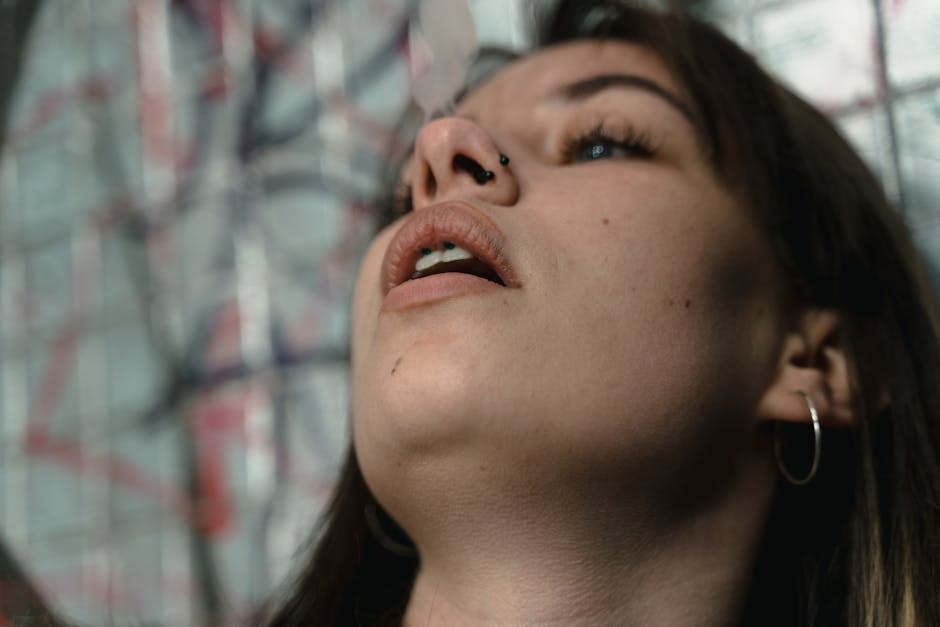Table of Contents
- 1 Understanding Substance Abuse Treatment
- 2 What Is a Partial Hospitalization Program (PHP)?
- 3 Benefits of Choosing PHP
- 4 Qualifications for PHP
- 5 Therapeutic Approach in PHP
- 6 Daily Routine and Activities in PHP
- 7 Counseling and Therapy Sessions
- 8 Medication Management and Support
- 9 Family Involvement and Support
- 10 Success Rates and Aftercare Services
Understanding Substance Abuse Treatment
Substance abuse treatment programs offer a structured environment for individuals struggling with addiction. Partial hospitalization programs provide intensive therapy and support while allowing participants to return home at the end of the day. These programs typically involve a combination of individual counseling, group therapy, and medication management. Participants also receive education on relapse prevention and effective coping skills. The goal of these programs is to help individuals manage their addiction and work towards long-term recovery.
What Is a Partial Hospitalization Program (PHP)?
A Partial Hospitalization Program (PHP) is a structured form of substance abuse treatment that provides intensive therapy and support while allowing individuals to live at home. It is a step-down from inpatient care and offers a comprehensive approach to recovery. In a PHP, you will attend therapy sessions and educational programs during the day and return home in the evening. This program is designed to help you manage your substance use disorder and develop coping skills in a supportive environment.
Benefits of Choosing PHP
PHP offers a structured treatment program that allows individuals to receive intensive therapy and support while still living at home. Here are some key benefits of choosing a Partial Hospitalization Program for substance abuse treatment:
-
Intensive Therapy: PHP provides more intensive therapy than outpatient programs, offering multiple therapy sessions each week to address substance abuse issues effectively.
-
Flexibility: This program allows individuals to maintain their daily routines and responsibilities while still receiving the necessary treatment.
-
Support Network: Patients in PHP can benefit from a supportive community of peers who are also undergoing treatment, fostering a sense of camaraderie and understanding.
-
Medical Monitoring: PHP offers close medical supervision, ensuring that individuals receive immediate attention in case of any medical concerns or crises.
-
Transition to Independence: By participating in PHP, individuals can gradually transition from intensive treatment to less structured care as they progress in their recovery journey.
Qualifications for PHP
To qualify for a Partial Hospitalization Program (PHP) in substance abuse treatment, individuals typically need to meet specific criteria. Here are some common qualifications:
- Diagnosis: You must have a diagnosed substance use disorder or a mental health condition that requires more intensive treatment than outpatient care.
- Medical Stability: Individuals in PHP usually need to be medically stable and not require round-the-clock medical supervision.
- Commitment: A willingness to actively participate in therapy sessions, follow treatment plans, and engage in the program’s activities.
- Support System: Having a supportive environment or network that can help you during and after the program.
- Assessment: Often, a comprehensive assessment by a healthcare professional is needed to determine if PHP is the right level of care for you.
To join a PHP, it’s vital to communicate openly with the treatment team and be willing to work towards your recovery goals.
Therapeutic Approach in PHP
The therapeutic approach in a Partial Hospitalization Program (PHP) for substance abuse treatment focuses on providing intensive therapy and support to individuals dealing with addiction. Group therapy sessions are commonly used to help individuals connect with others facing similar challenges and work on their recovery together. Individual therapy sessions allow for personalized treatment plans tailored to each person’s specific needs. PHPs also often include educational workshops on addiction, coping skills, and relapse prevention strategies. Overall, the therapeutic approach in a PHP aims to empower individuals to overcome substance abuse and develop healthy coping mechanisms for long-term recovery.
Daily Routine and Activities in PHP
During a Partial Hospitalization Program (PHP) for substance abuse treatment, your daily routine will likely involve a combination of individual therapy sessions, group therapy sessions, educational workshops, and recreational activities. You may also participate in mindfulness exercises, medication management, and relapse prevention planning. The structured nature of a PHP helps you establish a routine and develop healthy habits while receiving intensive treatment and support.
Counseling and Therapy Sessions
You will participate in individual and group therapy sessions during your partial hospitalization program. Individual therapy allows you to speak one-on-one with a therapist to work through personal issues, set goals, and learn coping strategies. Group therapy sessions involve sharing experiences and insights with others facing similar challenges. This collaborative approach can provide support, feedback, and a sense of community during your treatment journey.
Medication Management and Support
The medication management and support in a partial hospitalization program for substance abuse treatment focuses on providing accurate medication dosages and monitoring their effects on patients. The program also includes regular counseling sessions to ensure medication adherence and effectiveness. Support groups play a crucial role in providing emotional support and sharing experiences with others going through similar challenges. The combination of medication management and support helps individuals in the program stabilize their condition, manage withdrawal symptoms, and work towards long-term recovery goals.
Family Involvement and Support
Family involvement and support plays a crucial role in the success of a loved one’s recovery journey in a partial hospitalization program. When relatives actively participate in the treatment process, they can better understand the challenges their family member is facing and provide the necessary encouragement and assistance. Here are some key points regarding family involvement and support in a partial hospitalization program for substance abuse treatment:
-
Family therapy sessions are often integrated into the program to address communication issues, set boundaries, and improve relationships.
-
Educational workshops may be available for family members to learn about addiction, mental health, and how to support their loved one effectively.
-
Support groups for families provide a safe space to share experiences, receive guidance, and connect with others facing similar situations.
-
Open and honest communication between the individual in treatment and their family members can strengthen relationships and build a more robust support system.
Success Rates and Aftercare Services
The success rates of partial hospitalization programs in substance abuse treatment vary depending on individual circumstances. Studies show that individuals who actively engage in the program have higher chances of successful recovery. After completing the program, aftercare services play a crucial role in maintaining sobriety. These services may include individual therapy, group therapy, community support groups, and regular check-ins with a counselor or therapist. Participation in aftercare services significantly reduces the risk of relapse and supports long-term recovery.











